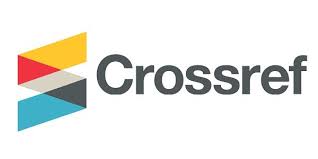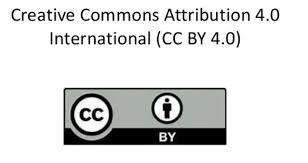Yield of four sugar beet genotypes in acidic soils with various soil amendments
DOI:
https://doi.org/10.47440/JAFE.2021.2107Keywords:
Soil amendment, acidic soil, liming, fertilizer, sugar beetAbstract
Soil acidity is one of the crucial abiotic stresses that reduces crop yield. Proper tuning of soil pH is, therefore, utmost importance for successful crop production in acidic soil. A pot experiment was carried out at the experimental field of agronomy, Sylhet Agricultural University, Bangladesh to examine the yield of different sugar beet genotypes in response to various soil amendments in acidic soil. The treatment consists of four sugar beet genotypes viz., HI-0044, HI-0473, KWS-Allanya, and KWS-Serendara, and five soil amendments viz., without lime and fertilizers (T1), lime @ 1 t ha-1 CaCO3 + inorganic fertilizer of recommended dose (RD) (T2), lime @ 1 t ha-1 CaCO3 + compost @ 10 t ha-1 (T3), lime @ of 2 t ha-1 CaCO3 + inorganic fertilizer of RD (T4), lime @ 2 t ha-1 CaCO3 + compost @ 10 t ha-1 (T5). Based on growth pattern and yield performance, the cultivar HI-0044 showed the highest values for all the parameter measured followed by KWS-Allanya, and KWS-Serenada while HI0473 was the worst performer. Soil amendments, T4 and T2 were found most effective while T1 was less effective in managing acidic soil to grow sugar beet. According to the results of the experiment, the maximum outputs were obtained by the genotype HI-0044 when soil amended with CaCO3 @ both 1 and 2 t ha-1 along with the recommended rate of inorganic fertilizers. But CaCO3 @ 1 t ha-1 was found the most suitable from an economic point of view.






 Publisher:
Publisher: 